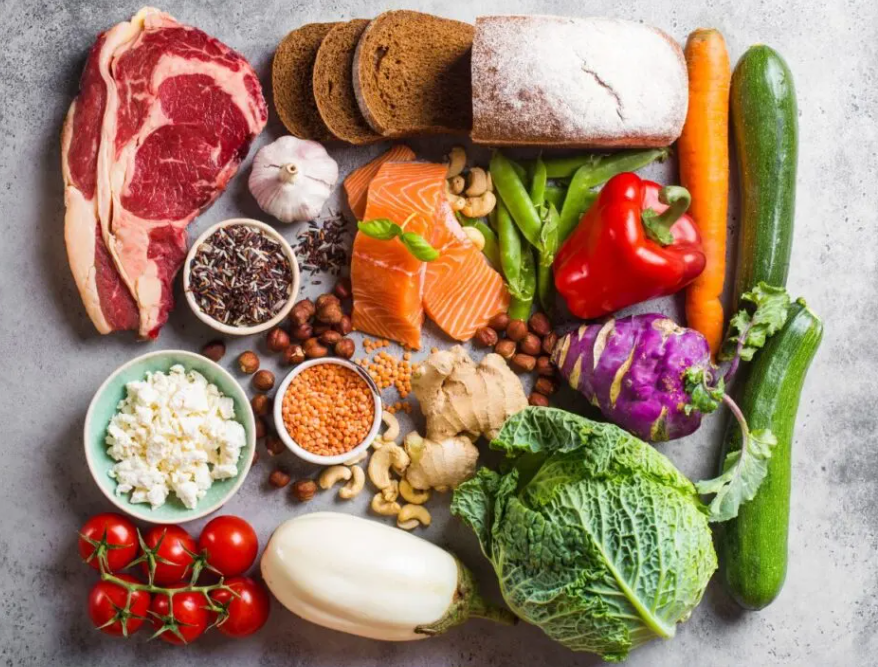HUMAN FOOD FOR DOGS

Human Food Can Be Easier for Dogs to Eat and Digest, Recent Study Shows
Recent research found that some human food types might be easier for dogs to eat than dry pellets the man's best friend usually eats.
According to a ScienceAlert report, "whether or not a more natural diet results in a healthier dog is another matter," although at the very least it could lead the pet to poop much less, specifically, up to two-thirds less.
The notion that all human food is bad for these most loved animals is comparatively new and is grounded historically on marketing instead of science. While there are specific foods that dogs need to avoid like seasonings, chocolates, and fruits, and many protein and vegetable types on humans' plates can be fed to dogs when prepared the right way.
Feeding Dogs
Many commercial diets for pets have not been thoroughly tested or compared in full detail, although they are technically meeting standards for "total and balanced nutrition. "It remains unclear how to identify what a natural ancestral diet of a dog actually has and what effect modern food might have on their general health. Given that, some of the initial studies on human-grade food has now found numerous perks of " skipping the kibble.
"Essentially, feeding dogs a combination of meat and veggies that we ourselves would enjoy seems to make dogs poop much less compared to dry food.
Say, a dozen beagles were provided with a standard diet for about four weeks, dogs needed to eat considerably more to retain their body weight, the study investigators said, pooping up to thrice as much as when they were provided with a diet of human-grade ingredients. Compared to organic ingredients, research specified that kibble made dogs poop about 1.5 to 1.7 times more.
Nutrients in Human Foods, Easier for Dogs' Digestion
This implies the nutrients in human food are easier for dogs to digest. What's more, the latter two diets also appeared to modify bacteria in the canine's gut in a way that kibble couldn't.
According to University of Illinois' nutritional scientist Kelly Swanson, as they have presented in previous research, the "fecal microbial communities of healthy dogs fed fresh diets" were not the same as that fed kibble. Such unique bacterial profiles were possible because of differences in diet processing, sources of ingredients, and the type of dietary fibers, proteins, and fats known to impact what the dogs digest and what's reaching the colon for fermentation.
The study findings that came out in the Journal of Animal Science largely aligned with past studies, which found fresh or raw meat diets can change as well the microbiome of dogs, yet further study is needed to identify how this eventually affects the health of dogs. The results largely align with previous research, which found fresh or raw meat diets can also alter a dog's microbiome, yet further research is needed to determine how this ultimately impacts a dog's health.
Early Findings
In 2018, Swanson, together with her colleagues, fed eight beagles using kibble, grain-free roasted, or a raw diet. Assessing the dogs' physical activity, blood, stool, and urine, the study investigators, discovered that roasted diets were easier to digest than kibble.
In contrast, the last two diets mentioned resulted in lower blood sugar levels and higher fat levels.This does not necessarily mean, though, that such diets are any healthier. A few years back, some grain-free boutique dog foods were associated with a form of canine heart disease that led the US Federal Drug Authority to warn against the said type of diet for dogs.
Besides, other than these pets' health, there is an environmental effect to take into consideration. If each pet dog is provided with human-grade meat, fish, or veggies, the effects of carbon release and climate change would be enormous.
Original article: click here



